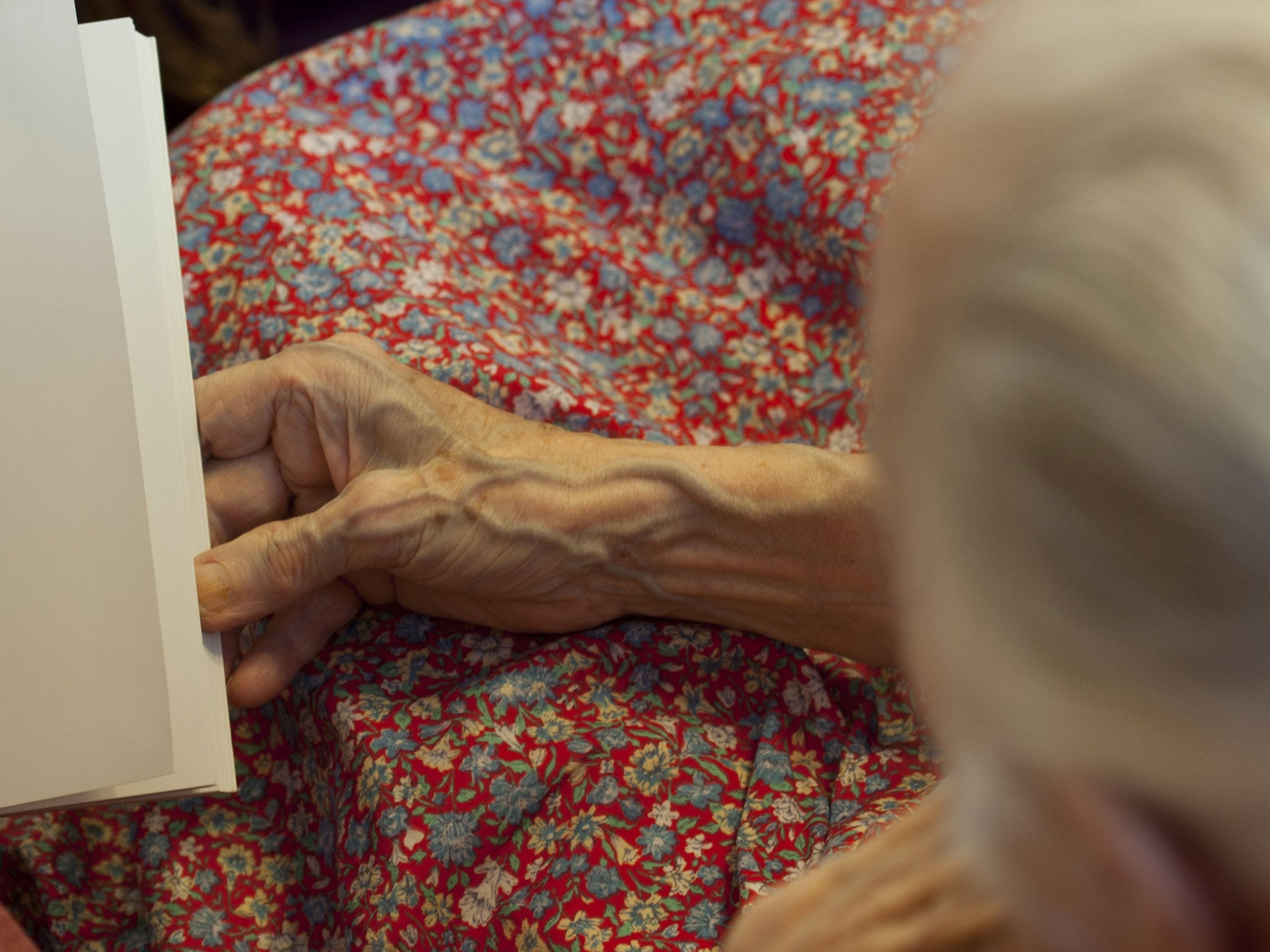Vitamin E 'may help slow down onset of dementia'
Cognitive decline was reduced by 19 per cent, say researchers

Daily doses of vitamin E may help slow down the onset of dementia, a new study has indicated.
In a study of 613 people with mild or moderate symptoms of dementia, those who were given a large dose of vitamin E supplements each day experienced a slower decline in their condition than those who were given a placebo.
After being followed up for more than two years, those who took vitamin E were found to be better able to perform daily cognitive tasks, and also required fewer hours of care.
The study, published in the Journal of the American Medical Association, was carried out among patients at care homes for veterans in the American state of Minnesota by government researchers.
Overall, the authors estimated that cognitive decline was reduced by 19 per cent in the vitamin E group, who also required on average two hours less time with carers per day.
The study led some experts to call for vitamin E to be prescribed for dementia sufferers. Kenneth Davis, president of the Mount Sinai Health System in New York, said that supplements should be offered to patients with mild or moderate Alzheimer’s disease.
However, the doses of vitamins used in the study were large – about 1,300mg – and may be harmful for some, according to the UK Alzheimer’s Society, which urged people to seek advice from their doctor before taking supplements.
“Treatments which can help people with dementia carry out everyday tasks are key to enabling those with the condition to live well for as long as possible,” a spokesperson for the charity said. “While this study into the link between vitamin E intake and reduction in functional decline is of interest, it is by no means conclusive. More research is needed to see if vitamin E really does have benefits for people with dementia, and whether it would be safe to be taking such a high dose on a daily basis.”
Join our commenting forum
Join thought-provoking conversations, follow other Independent readers and see their replies
Comments
Bookmark popover
Removed from bookmarks